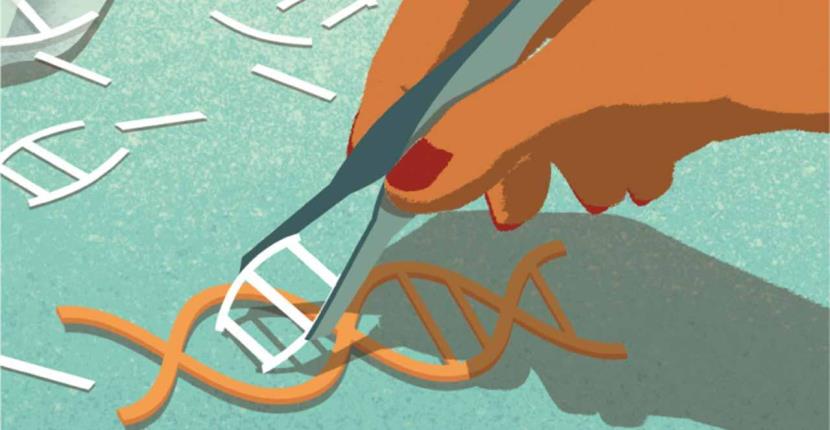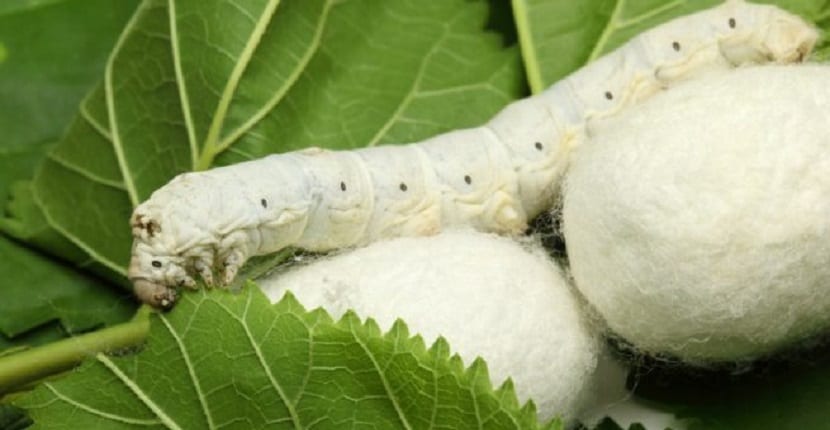
We are at the weekend and, before starting a new one, I would like us to stop for a moment and understand where the world of genetics is turning. In this case specifically, I want to tell you about a Chinese project in which, thanks to the worm genetic alterationYes, they can start making spider silk.
To understand a little the meaning of this project and why large amounts of human and economic resources are being invested in its development, tell you that today the properties of the spider seat make this material something incredible, especially its properties that make it resistant to traction and ductility.

Thanks to this project, a silkworm can make spider silk
To get a very simple idea of why these Chinese researchers have been interested in this type of material, tell you that on a fair level, if we buy spider silk with another material, for example we would find that this is stronger than steel, at the same time that it can be flexible and light which means that it could potentially be used for a huge number of applications.
The problem we have today when using spider silk is none other than the fact that it is tremendously difficult to harvest at the same time that it necessarily requires a very laborious method. Due to this and to increase its production as much as possible, tests have been carried out with different animals where we find from bets as logical as the headquarters worms or so 'rare'how to get to genetically modify goats.

Goats have been genetically modified to make spider silk
Before continuing, since surely the subject of goats will have left you, like me at the time, somewhat perplexed, to tell you that it was only a possible solution and basically the idea consisted of a genetic modification so that the animals were capable of producing spider-host proteins in their milk. Unsurprisingly, this was a somewhat indirect way to call it that the researchers finally opted for making use of an animal that produced its own headquarters as is commonly known as the silkworm.
As we all know, one of the peculiarities of the silkworm is that to go from caterpillar to moth, these are wrapped in a series of fibers that they themselves produce. These are the fibers that have been modified thanks to a series of genetic changes in worms. Literally what the researchers did was add DNA from gold-weaver spiders to silkworm DNA. The results were immediate and the content of spider silk in the fibers generated by the animal was of a 35.2%.

There is still a long way to go before it is viable to commercialize spider silk
Now these developments does not mean that we are finally one step away from creating commercially interesting spider silk since the quantities necessary for this are still far away and the needs, in terms of economic costs, to ensure that production is stable are still very high. Because of this, this group of researchers is also testing other ways, such as adding DNA from gold-weaving spiders in alfalfa and even in E.coli, unfortunately none of them has been able to prove to be a solution with which to increase the production of spider silk.
As has been announced, apparently the idea of this group of researchers is to improve the technique in which the silkworm produces this series of fibers so special since, among other benefits, this methodology makes the silk ready to be used as soon as it is spun by the insectThat is, it does not have to be extracted or processed in any way. On the other hand, further refinement and experimentation on this technique can allow it to adapt to new forms that have not yet been discovered.